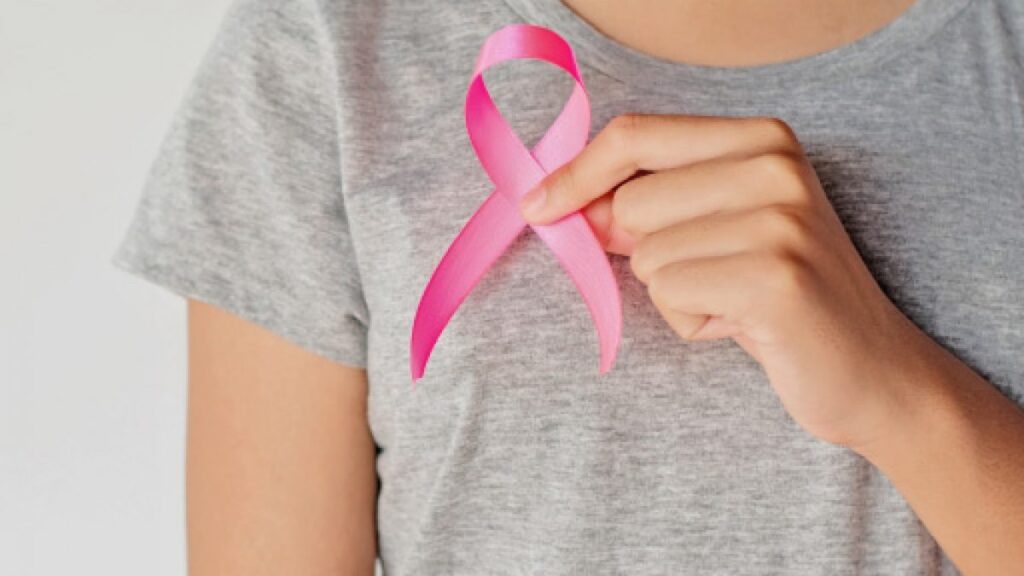Cancer prevention is a vital aspect of healthcare that empowers individuals to take proactive steps in minimizing their risk of developing cancer. While not all cancers are preventable, there are numerous strategies and lifestyle changes that can significantly reduce the risk of this disease.
Here is essential information on reducing your risk of cancer:
1. Healthy Diet:
– Plant-Based Diet: Focus on a diet rich in fruits, vegetables, whole grains, and legumes. These foods are high in antioxidants, vitamins, and fiber, which can help protect against various types of cancer.
– Limit Red and Processed Meats: High consumption of red and processed meats has been linked to an increased risk of colorectal and other cancers. Choose lean proteins and poultry instead.
2. Maintain a Healthy Weight:
– Obesity is a risk factor for multiple cancers, including breast, colorectal, and endometrial cancer. Regular physical activity and a balanced diet can help in weight management.
3. Regular Physical Activity:
– Engage in regular physical activity, such as brisk walking, jogging, swimming, or cycling. Aim for at least 150 minutes of moderate-intensity exercise per week to reduce cancer risk.
4. Limit Alcohol Consumption:
– Excessive alcohol consumption is linked to several cancers, including those of the mouth, throat, esophagus, liver, breast, and colon. If you drink, do so in moderation.
5. Tobacco Avoidance:
– Smoking is a leading cause of cancer, responsible for lung, throat, mouth, and many other cancers. Avoid tobacco in all forms, including cigarettes and smokeless tobacco.
6. Sun Protection:
– Protect your skin from harmful UV radiation by wearing sunscreen, hats, and sunglasses, and avoid prolonged sun exposure, especially during peak hours.
7. Vaccinations:
– Get vaccinated against infectious agents known to cause cancer, such as the HPV vaccine for cervical cancer and the hepatitis B vaccine for liver cancer.
8. Regular Screenings:
– Participate in recommended cancer screenings, such as mammograms, Pap smears, colonoscopies, and prostate-specific antigen (PSA) tests, as they can help detect cancer in its early and more treatable stages.
9. Environmental Awareness:
– Be mindful of environmental toxins and carcinogens. Minimize exposure to pollutants and chemicals, both at home and in the workplace.
10. Stress Management:
– Chronic stress may weaken the immune system, making it less effective in fighting cancer. Incorporate stress-reduction techniques like meditation, yoga, or deep breathing into your daily routine.
11. Family History:
– If you have a family history of cancer, inform your healthcare provider. They can assess your risk and recommend specialized screening or prevention strategies.
12. Early Detection:
– Be vigilant for any unusual changes in your body, such as lumps, sores that do not heal, or changes in moles. Seek prompt medical attention if you notice any concerning symptoms.
Remember that while these measures can significantly reduce your risk of cancer, they do not guarantee complete prevention. Genetic factors also play a role in cancer risk.
Regular check-ups, screenings, and open communication with your healthcare provider are crucial for maintaining your health and early detection of potential issues.
Reducing your risk of cancer involves making informed choices, adopting a healthy lifestyle, and being proactive about your health.
also read :
Understanding Breast Cancer: Causes, Symptoms, Diagnosis, Treatment, and Prevention
Cervical cancer : గర్భాశయ క్యాన్సర్ చికిత్స గురించి తెలుసుకోండి
